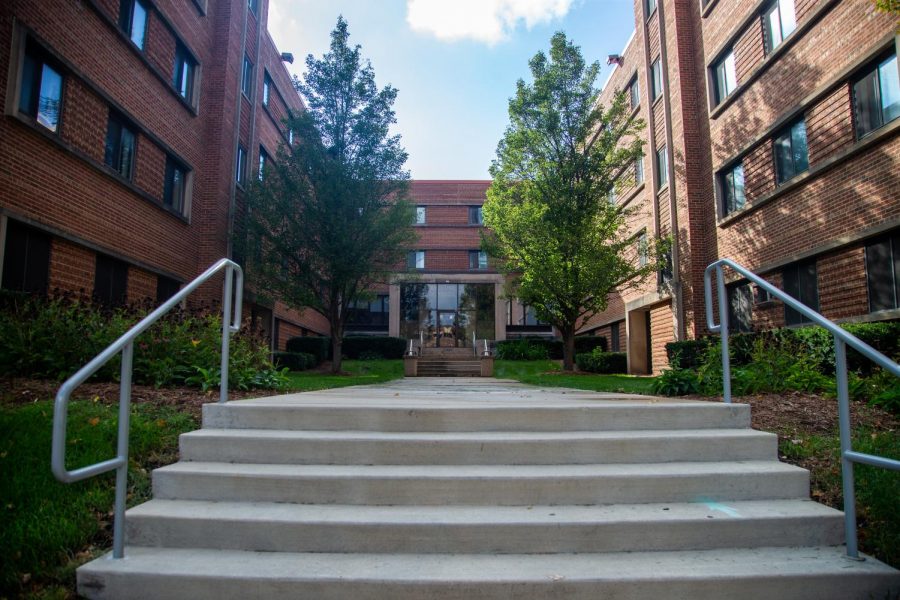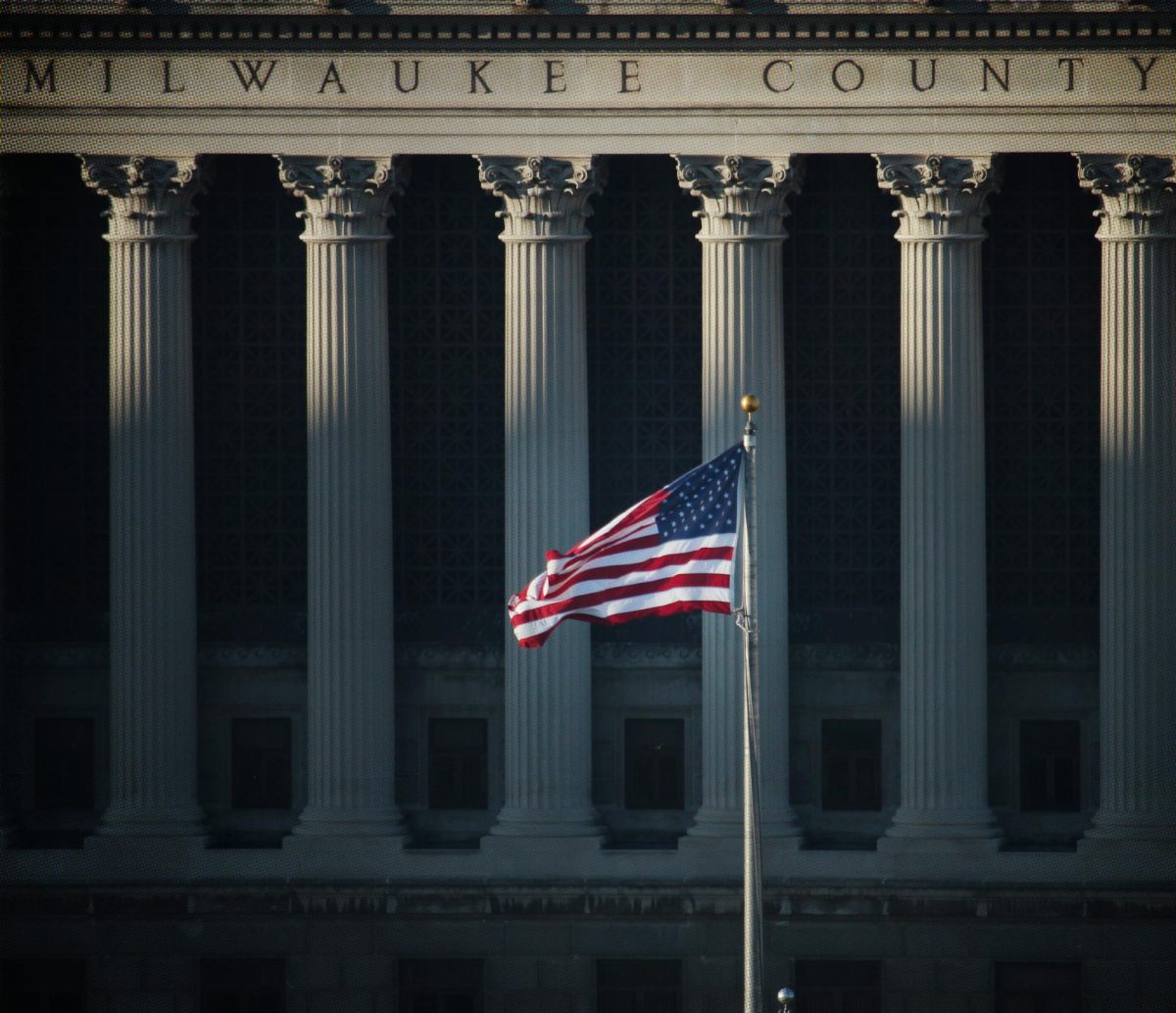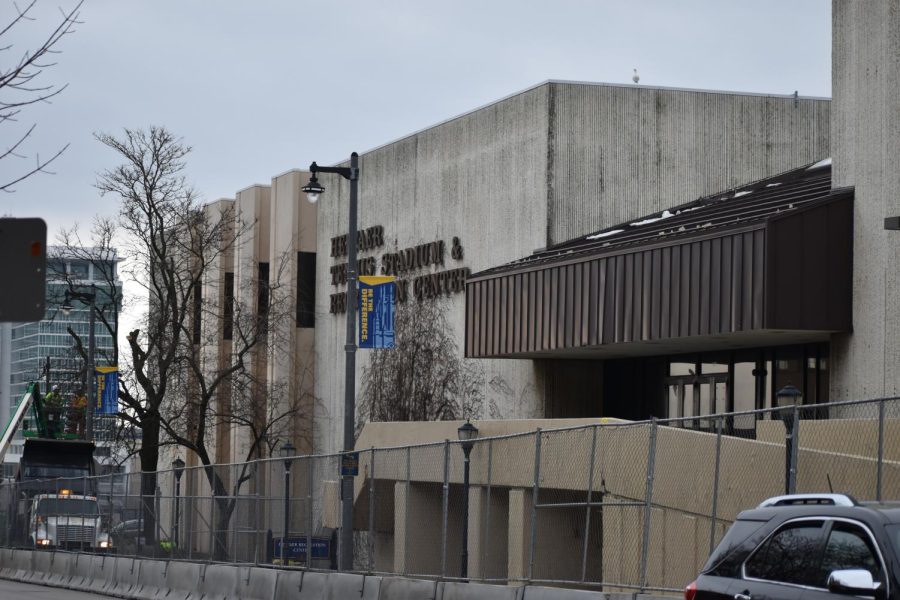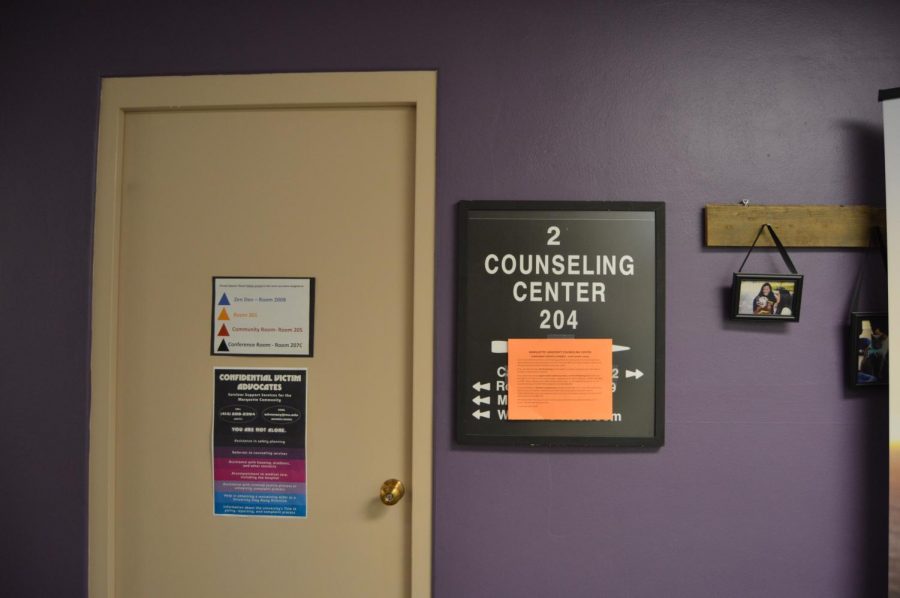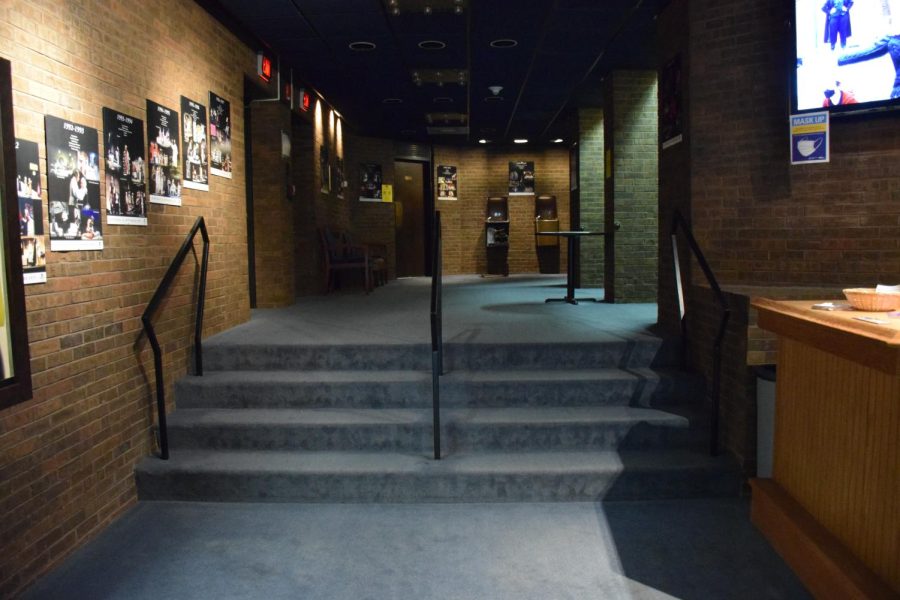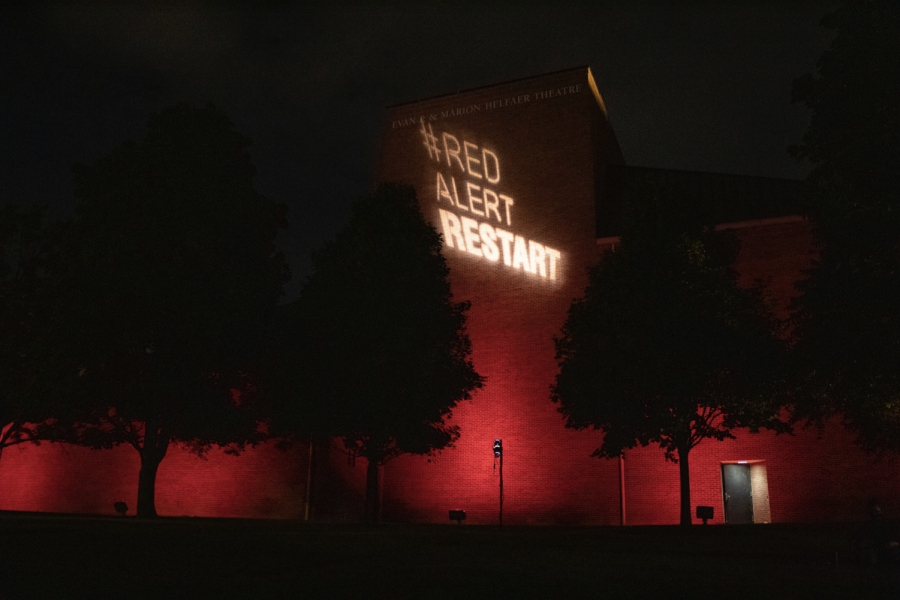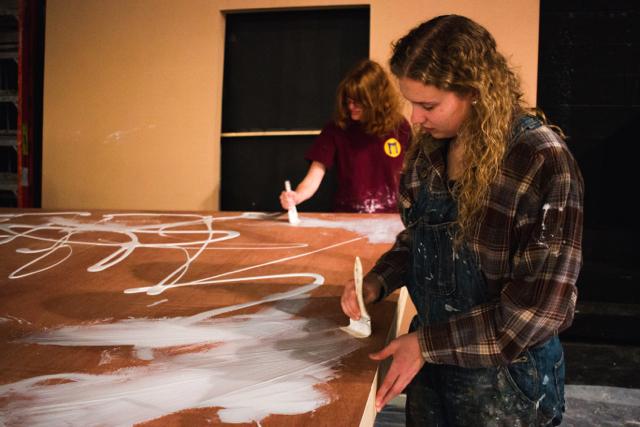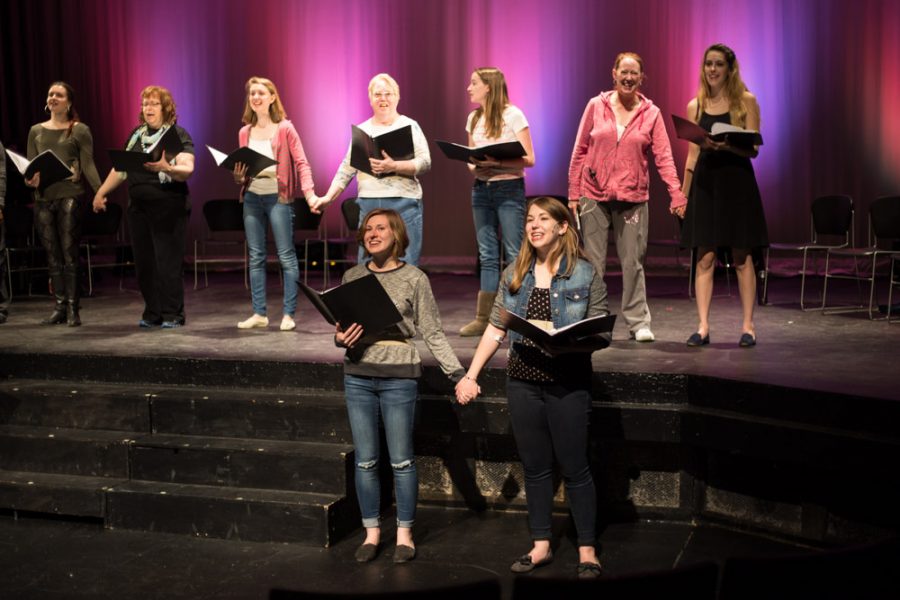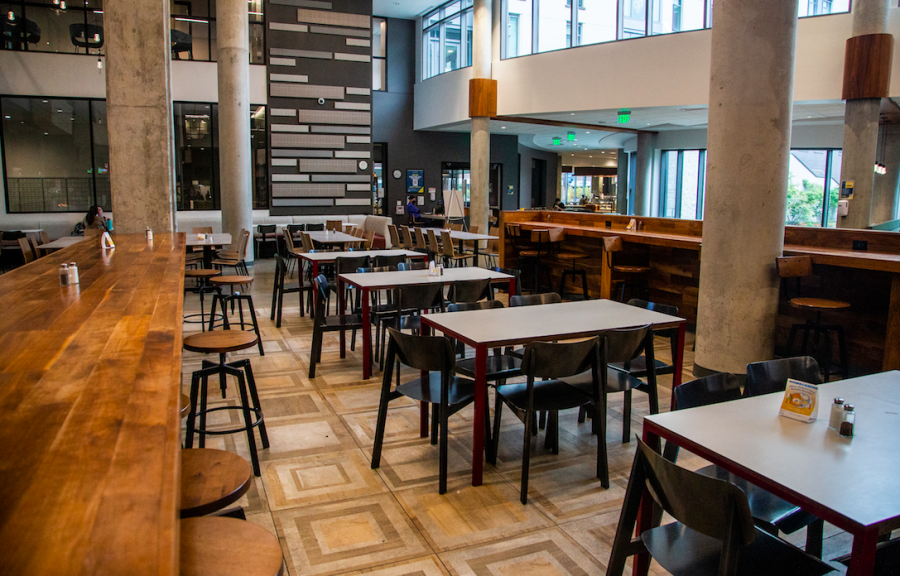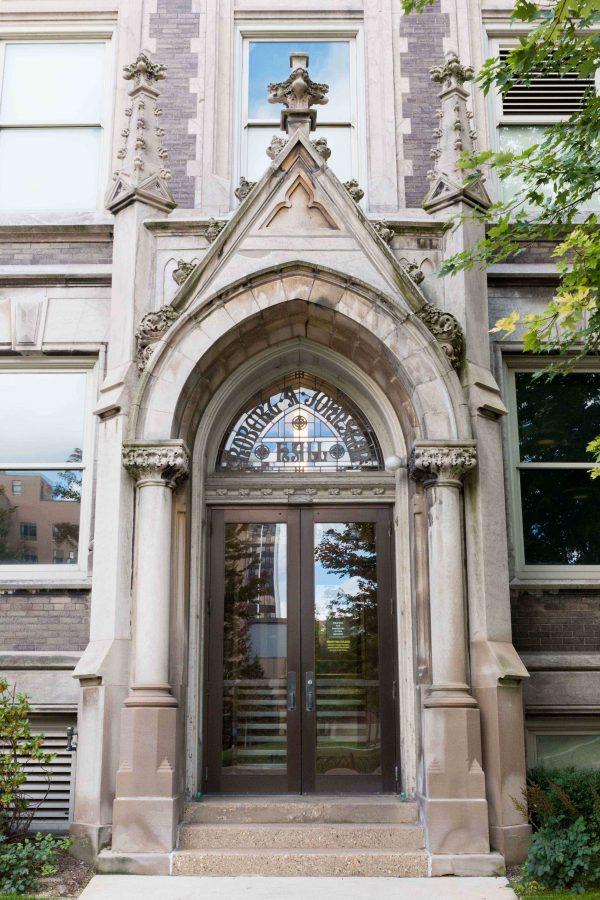Walking into the Helfaer Theatre on Marquette’s campus can be an everyday occurrence for many, but for some it is more than just entering a building.
With no easy accessibility for people with physical disabilities, the theater remains a remote location to many. Although there is an accessible entrance around the back of the building, it is long and arduous, and may not be comfortable for people with chronic pain or the elderly.
Additionally, people with physical disabilities are already oppressed in America; mostly through mindlessness rather than actual malice, but it still affects people’s lives every day. Forcing patrons of the theater to struggle up the stairs or take the long route away from their families and friends is not an ideal situation.
Helfaer is not the only structure on Marquette’s campus that is unavailable for people with physical disabilities. O’Donnell Hall has a back entrance that is wheelchair-friendly, but no accommodations inside the residence hall. The basement and upper levels have no elevator access, and even on the first floor, student rooms and the mailroom are both situated at the top of a small flight of stairs. While there are currently no students living in this residence hall, there is potential that the building will house students in the future.
Similarly, there are smaller, less noticeable obstacles across campus. While Cudahy Hall does have an elevator, the bathrooms on the basement floor pose their own dilemma: They’re barely wide enough to walk through, much less wide enough for a wheelchair to go through.
While the lack of accessibility of Helfaer and O’Donnell is lamentable for many, the university is under no legal obligation to update the buildings. The Americans with Disabilities Act, which declared all colleges in the country must provide accommodations to students with physical disabilities, was passed in 1990. O’Donnell Hall was built in 1952, and Helfaer in 1977. The ADA requirements grandfather in structures made before the law went into effect: Therefore, while many universities and businesses opt to make the changes as a matter of civil rights, technically Marquette is not breaking any laws or rules.
That doesn’t mean the university gets off scot-free. As a Jesuit school that claims to educate “men and women for others,” it’s hypocritical for Marquette to ignore an entire population of people who need assistance just to attend class or work. The university claims to be focused on diversity and inclusivity, and while steps such working to be a Hispanic Serving Institution and the creation of the LGBTQ+ Resource Center are moves in the right direction, people with physically disabilities people must also be part of the conversation.
I am not the first student to bring this issue up: Indeed, as early as 2016 there have been multiple Marquette Wire articles urging the university to solve this problem. Unfortunately, there haven’t been any concrete moves to make the building more accessible despite the attention it’s gained. It’s been up to the workers in the theater to make sure those who wish to enter the building can do so. This is unfair to the staff of the Helfaer Theatre and Marquette Theatre faculty and staff, who have already endured strife this year. Chester Loeffler-Bell, the former technical director for the theatre department, was a part of the group of nontenure-track faculty whose contracts were not renewed back in March.
In addition to teaching students and caring for the theater, faculty and staff do not need the added pressure of figuring out how to make a non-ADA compliant building as accessible as it can be. With all the aesthetic changes being made to campus, such as the new business building and the new student lounge in Lalumiere Hall, ramps and elevators may not add to the beauty of the campus but will benefit many.
The university should be doing its best to make everyone feel welcome on campus, and the first step should be making all buildings fully accessible for all.
This story was written by Nora McCaughey. She can be reached at nora.mccaughey@marquette.edu

